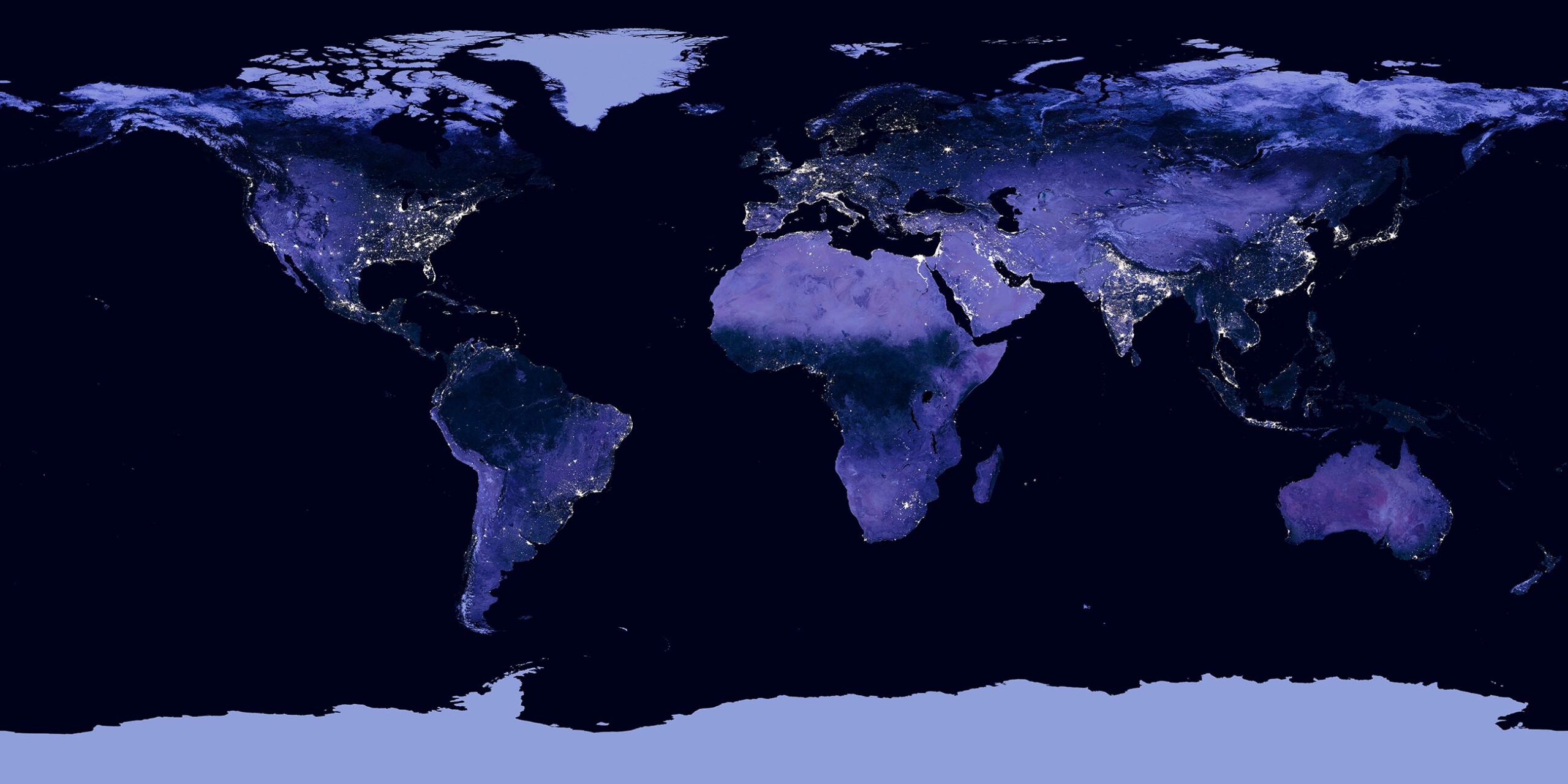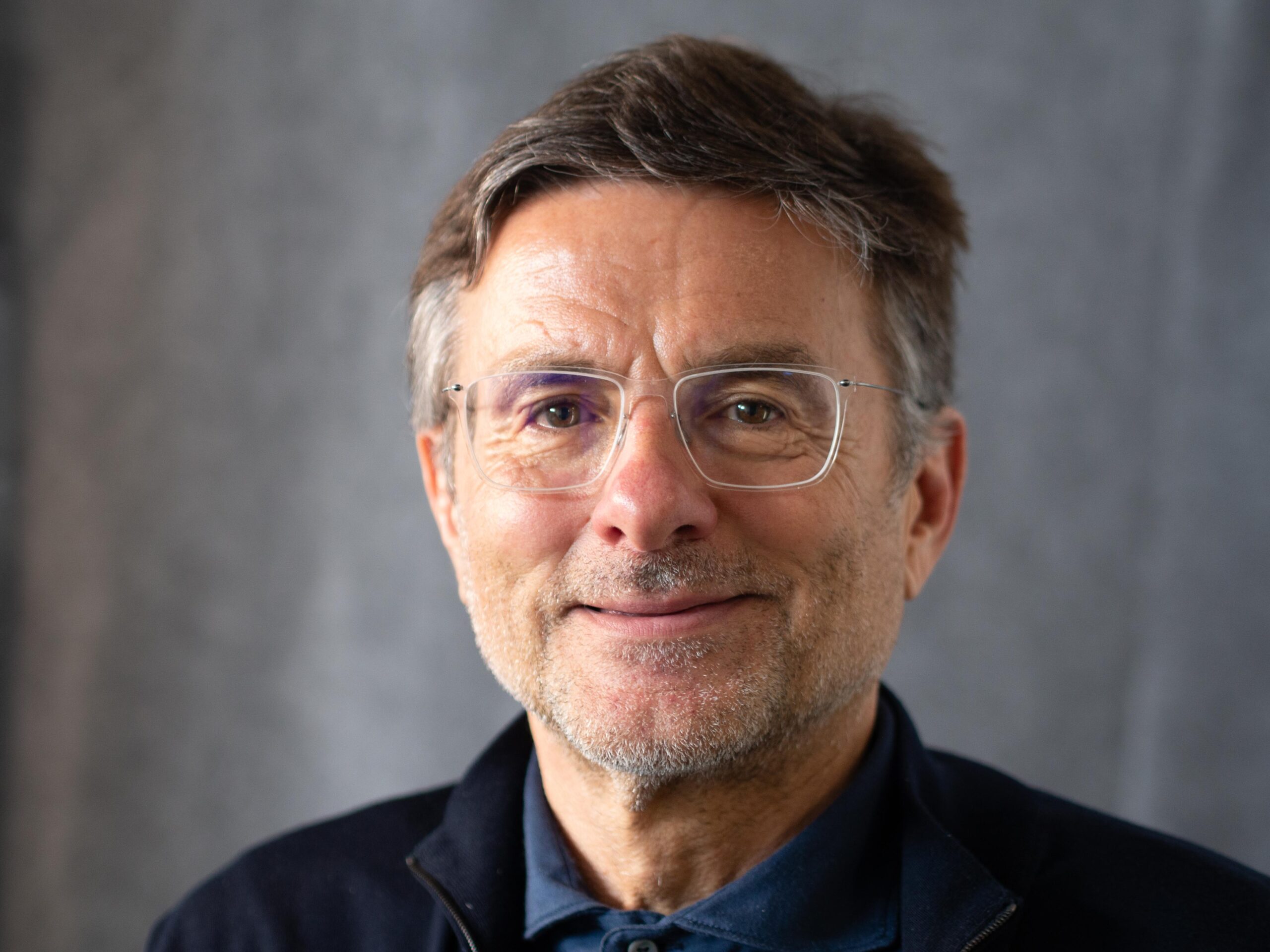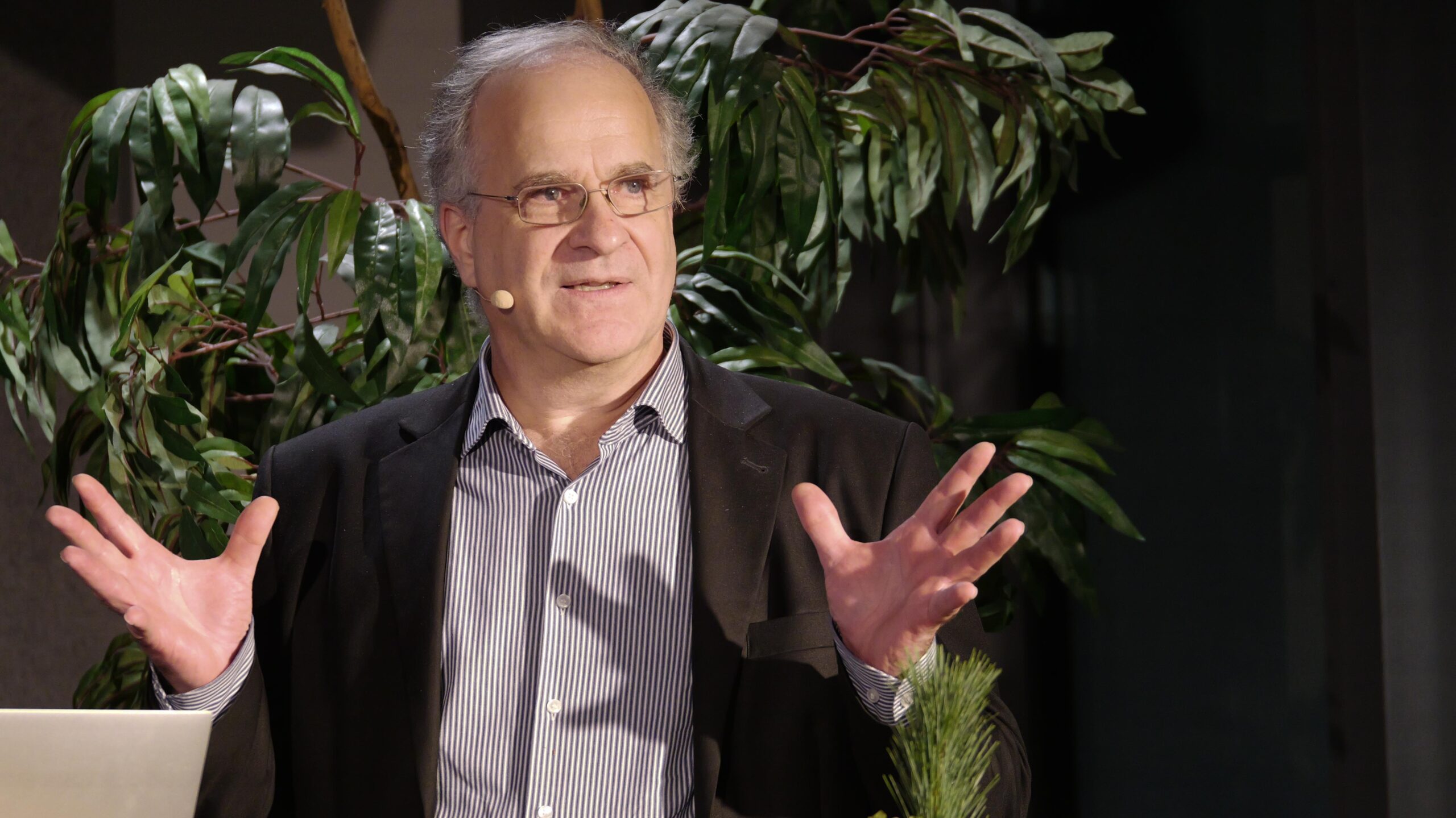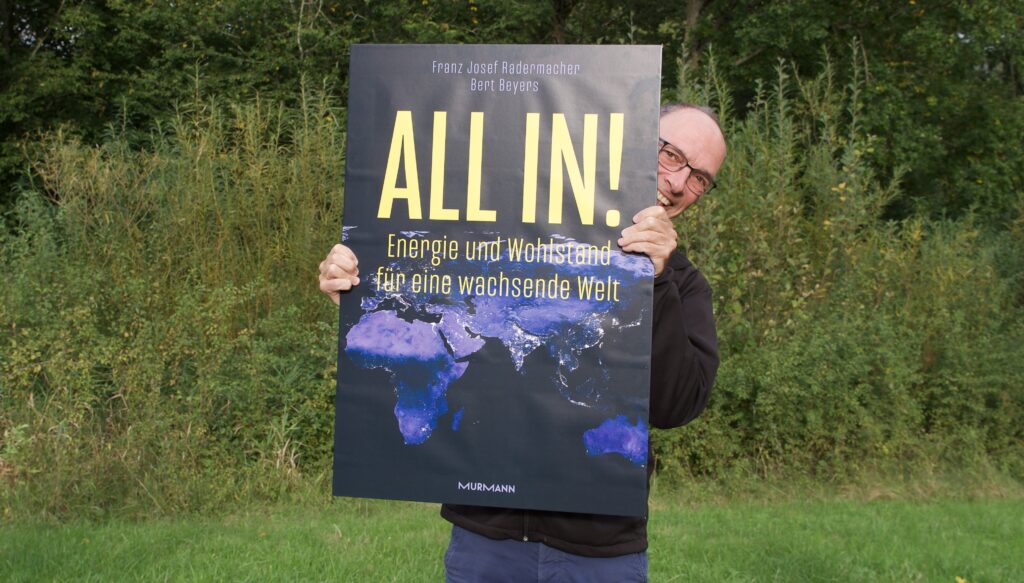At this point, some news of the last few weeks will be addressed which, from GES’ point of view, are reason for hope because they contain building blocks of a possible global solution and / or could help to develop a realistic view of the challenges ahead of us.
The sale of power lines from the Dutch electricity grid operator Tennet to the federal government has failed. Tennet is a co-operator of north-south power lines in Germany, which are of great importance for the energy transition. Tennet has now ended the year-long negotiations. The company cited budget problems in Berlin as the reason. On the importance of electricity grids, see also the GES paper How to make the German energy transition in the electricity sector affordable. We are in favour of limiting the expansion of renewables. This would allow significant savings to be made on investments in grid expansion.
The Federal Ministry for the Environment is under pressure due to possible fraud with climate certificates. According to ZDF, climate protection projects in China totalling half a billion euros were only faked. The costs are borne by consumers when refuelling or heating their homes. German testing institutes and oil companies are also said to be affected. These projects are authorised by the Federal Environment Agency. Environment Minister Steffi Lemke has now admitted that this could be a case of “serious environmental crime”. All affected activities would be stopped.
Negotiations in Bonn to prepare for the next UN Climate Change Conference in Baku (COP29) have made little progress. Delegations from almost 200 countries primarily discussed the financing of international climate measures. The 2015 Paris Agreement on Climate Change spoke of subsidies totalling 100 billion dollars per year. Like many experts, GES assumes that the sum should be significantly higher, more in the region of trillions of dollars.
Developing countries are concerned about their national climate plans. The International Renewable Energy Agency (IRENA) presents a survey in which developing countries complain, for example, about a lack of technical expertise and appropriately trained personnel. The social impact is also unclear. The national climate plans (Nationally Determined Contributions) of developing and newly industrialising countries are one of the sticking points of the Paris Climate Agreement. This is because the climate targets of the Global South are often not very robust and are also linked to extensive financial support from the North.
Norwegian and French companies have agreed on a joint carbon capture and storage (CCS) project. CO2 emissions are to be captured in Dunkirk and transported to geological storage sites off the coast of Norway.
In Denmark, the exploration of CO2 storage on land is starting – in contrast to pilot projects that inject the greenhouse gas under the seabed. Danish authorities assume that large quantities of CO2 can be disposed of under the Jutland peninsula at a depth of between 1000 and 2000 metres.
The Westfalen Group is building its first electrolyser not in Germany, but in France, in the Moselle department. The decisive factor in the decision was that in France, unlike in Germany, hydrogen from nuclear power is also considered climate-friendly – which brings cost advantages.
China will reach its expansion targets for solar and wind energy five years earlier than planned. According to Global Data, China will have reached a photovoltaic capacity of almost 610 gigawatts by 2023. Onshore wind was at 408 gigawatts and offshore wind at 38 gigawatts. If expansion continues at this rate, China will significantly exceed its expansion targets for solar and wind-based generation by 2030. This means that 15 per cent of the 9,460 terawatt hours of electricity generated will have been produced, which is around 20 times the amount of electricity generated in Germany. In 2023, China’s electricity generation increased by 6.9 per cent compared to 2022.
The USA is increasingly focussing on nuclear energy, in particular smaller, modular nuclear reactors. This also allows Bill Gates to realise his concept of a sodium-cooled Small Modular Reactor.
In recent decades, climate-damaging nitrous oxide emissions have risen by around 40 per cent – especially in agriculture. The Global Carbon Project points out the main drivers: chemical fertilisers and liquid manure. This means that humans are increasingly interfering with the global nitrogen cycle.
According to the initiative On Greenhouse Gas Accounting Of War, the war in Ukraine has led to additional greenhouse gas emissions of 175 million tonnes of carbon dioxide equivalent – equivalent to the annual emissions of 90 million cars. The authors include the fuel consumption of the armies and the reconstruction of destroyed buildings and infrastructure among the war-related emissions.



